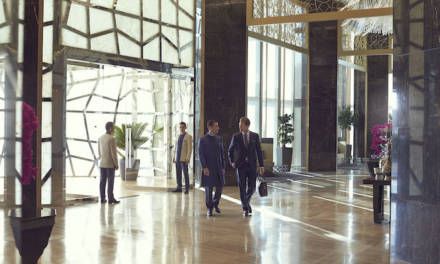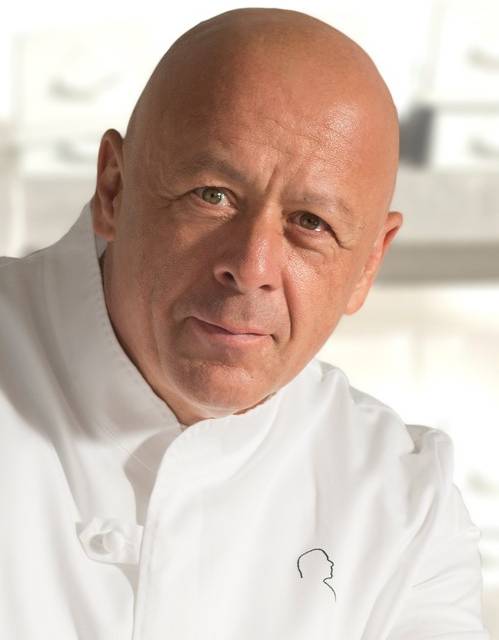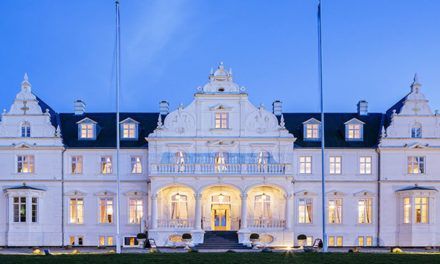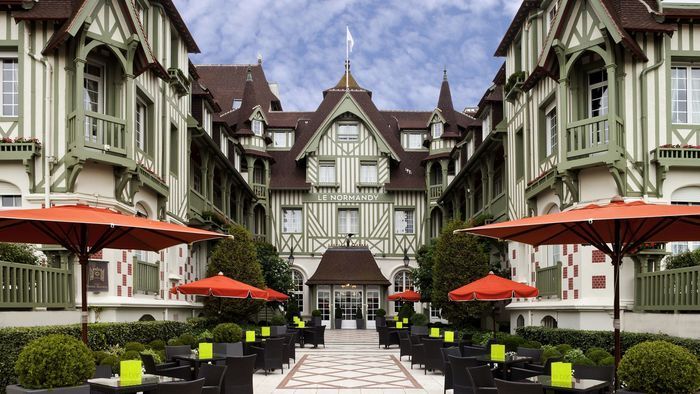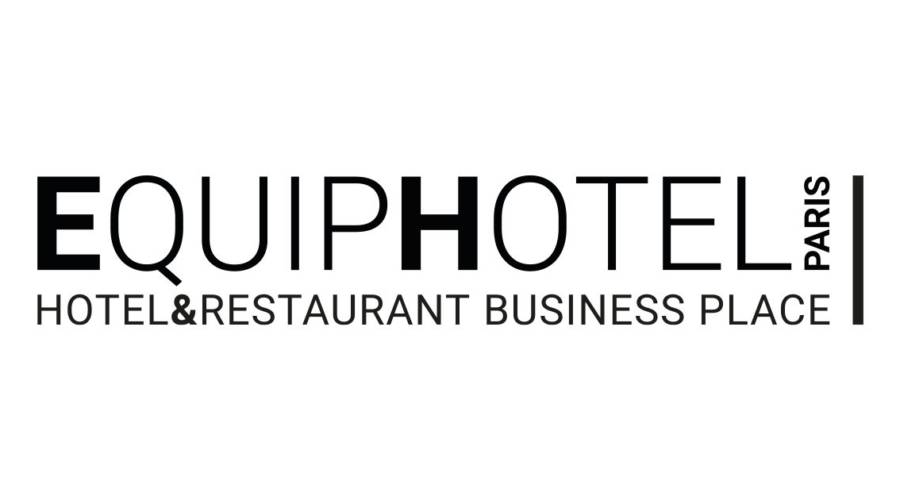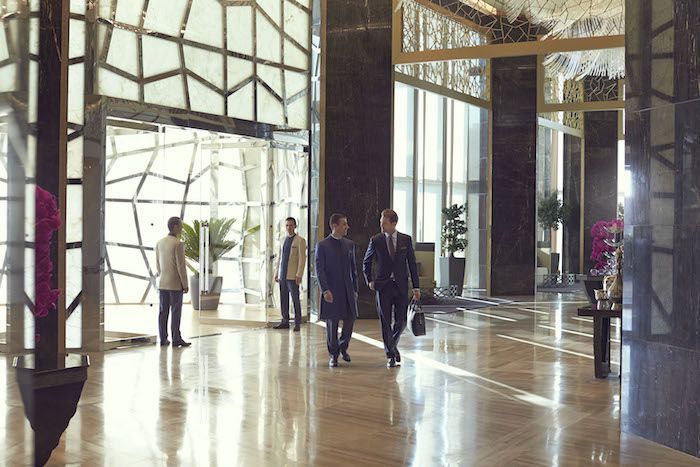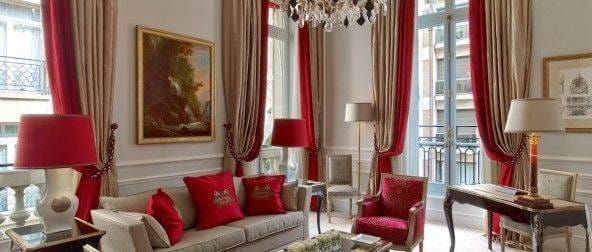The Art Of welcoming
The art of welcoming in the Middle East and in Asia does not follow local customs, but instead prioritizes a highly international approach. What is your view on the French art of welcoming?
In France, 90% of the products that I serve are French. And yet, when I look at the sales of international products, I come to realize that they represent only 0.02% of foreign clients.
The French always have this tendency to think that things are better elsewhere, but we have such a rich culture, such a deep history in France that foreigners end up copying us to take our products back to their home.
Often, I have Chinese clients who ask to come visit the kitchens of my pastry stores: they want to see the way my pastry chefs work. And that’s what is interesting; that’s what we have to put back in the spotlight and re-energize. That’s what the French art of welcoming is about.
International clients want to discover a French expertise and live out an experience à la française.
Many hoteliers and French restaurant professionals used to believe in the low cost theory, but what really counts is the value behind the quality. As American financier Warren Buffett put it: money has no value in itself; it is a means of negotiation. Forget that, and you risk being tempted by the low cost theory.
One organic egg costs 50 cents and the raw cost of an œuf mayonnaise is €1.50. By selling it at €8 or €9, you earn money, you contribute to an agricultural and artisanal food chain, and the client is happy. The client understands that the product comes from a local producer and that this justifies the price. If he wants to pay less, he can go to a low costrestaurant. But he will end up coming back to our place because he can value the importance of pleasure, well-being, and health.
This is the reason why I maintained an average price of €1000 during the crisis, even while many people warned me that I was digging myself into a hole. I remember how some colleagues, based in some very fine establishments that remained half-empty, tried to reduce the prices down to €350. In the end, this does nothing but lead to the downfall of the entire market.
Instead, we should be appreciating the value of the product. In France, we have lost sight of the quality factor, and the market reflects this. The Germans, on the other hand, have been able to preserve this, which is why they are faring better.
The luxury industry, at any rate, has long understood the importance of the economy of quality. Luxury has a very faint presence in the digital market: this is because the human touch is so important in this universe.
You are seeing more and more Asian, Russian, and American clients… How do you adapt to this increasingly international clientele?
Receiving an international clientele is not a problem. The important thing is not who the clients are, but who you are. You have to stay faithful to your signature. My cuisine is French. My aim is not to attract people at all price ranges, my aim is to help them discover my culture.
I myself go out to discover local cuisine when I travel to Japan. I don’t want the restaurant to adapt the local cuisine to my habits.
In the same way, a client who travels in France comes to discover French culture. A Chinese client would not want the restaurant to serve him Chinese food. What he wants is to discover the French style of service, the French expertise.
We need to be shaping the French expertise, from breakfast to dinner, from the reception to the room service.
Laurent Delporte, an editor and conference speaker, is a strategic expert in the sector of hotels. A visionary, he brings his unique look on hotels in service to the decision-makers in the industry, whether to enhance the development of new projects or strategic visions.
Laurent has visited and audited over 350 hotels across the world and also participates in mystery visits to provide quality control for the world’s finest hotels.


 HOME
HOME